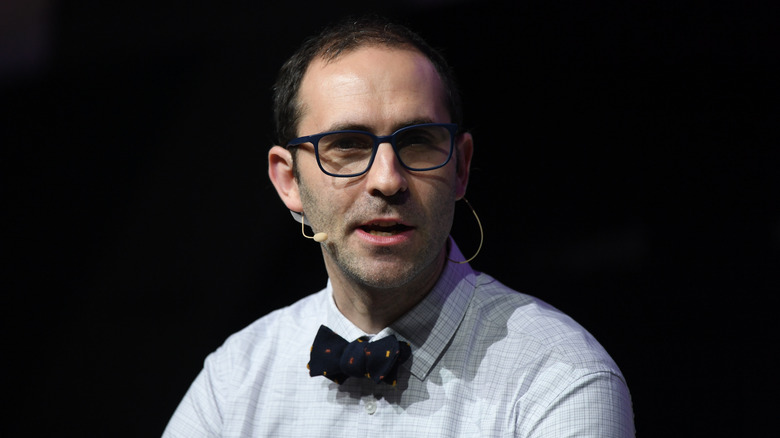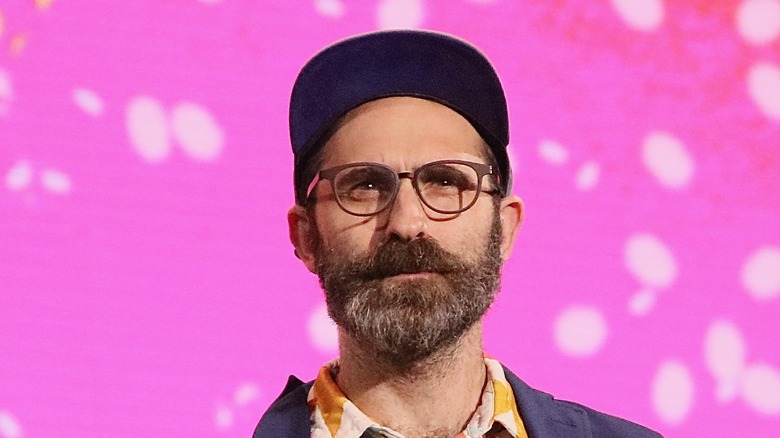Twitch CEO And Co-Founder Resigning After 16 Years
Emmett Shear, one of the founding members and CEO of Twitch, is stepping down from his position after spending 16 years building the world's top game streaming platform. In a personal note, Shear mentioned that he is stepping down to focus on his family after welcoming his son into the world. However, he will continue to work with the company in an advisory role. Shear started with Justin Kan back in 2007 with idea of 24/7 live TV programming service called Justin.tv, and subsequently launched a sister platform called TwitchTV that focused on gaming.
Twitch began as a gaming content category, but its popularity soon skyrocketed and it was spun off as a standalone service in 2011. Three years later, Justin.tv was shut down, and the entire company got a new name — Twitch Interactive. Amazon that scooped up Twitch a few months later in August 2014 for a billion dollars. Back then, Shear wrote in an official note that the Amazon acquisition would allow Twitch to achieve its long-term vision faster and the resources it offers will only help improve the service.
Impressive journey, tough road ahead
"I want to be fully there for my son as he enters this world and I feel ready for this change to tackle new challenges," wrote the outgoing CEO in his farewell note. With Shear vacating his CEO position at Twitch, the role will now be fulfilled by the company's current President, Dan Clancy, effective immediately. Twitch hired Clancy, a former Google executive and a senior NASA official, in 2017 as the VP of Creator and Community Experiences. In the years since its gaming pivot and the Amazon acquisition, Twitch has blossomed into the biggest name in the game streaming segment, spawning its own creator economy that has earned millions of dollars for big names such as Richard Tyler Blevins known as "Ninja," Michael Grzeseik called "Shroud," and Timothy John Betar also known as "TimTheTatman."
Earlier this month, Twitch updated its Ads Incentive Program that allows content creators to earn up to a 55% cut of ad revenue, relaxing the monthly limitations and offering more opportunities for monthly earnings. In January, the company announced some welcome changes to its creator sponsorship system and fine-tuned the ad viewing system, as well. However, the company has lately drawn some ire over the tighter revenue sharing with creators, data breach incidents, criticism over gambling content, a well-known deepfake involving a popular face, and content moderation woes. In the meanwhile, YouTube continues to up its game at game streaming content and continues to poach talent from Twitch's field.

